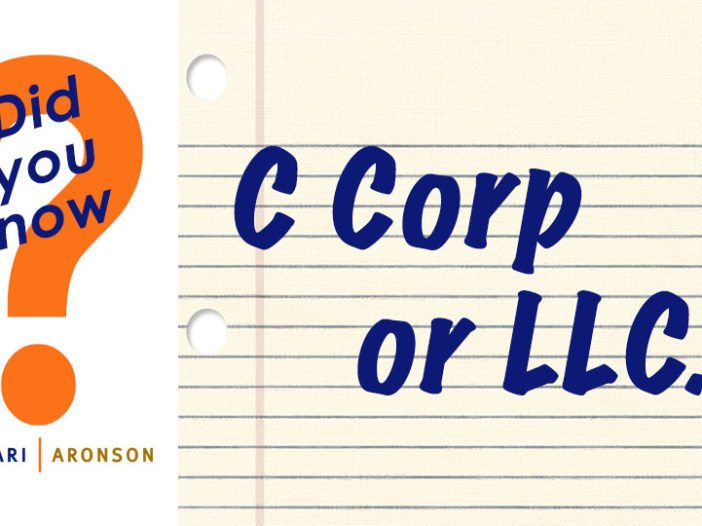
Did you know?
That your choice of forming a C corporation or an LLC could mean the difference between a sizable tax bill or zero capital gains on an exit?
by Elizabeth Davenny
How? Section 1202 of the Internal Revenue Code, which was enacted to encourage investment in new ventures and small businesses, may allow the exclusion of up to 100% of federal tax gains on qualified small business stock on an exit transactions, subject to certain limitations.
If you are positioning your company for a sale, check in with your legal and accounting advisors to see if you meet the general requirements:
- Did you receive the stock directly from the C-corporation?
- Have you held the stock for at least five years at the time of the exit transaction?
- Is the C-corporation a “qualified small business” that (a) uses (and has used for substantially all of your hold period) at least eighty percent (80%) of its assets to conduct an active business, and (b) that, both immediately before and after your investment, had no more than $50,000,000 in gross assets.
As with everything around an exit planning, details matter and you’ll want to analyze these issues carefully with your advisors. If you qualify, the savings are significant—and that’s a good thing to know!




